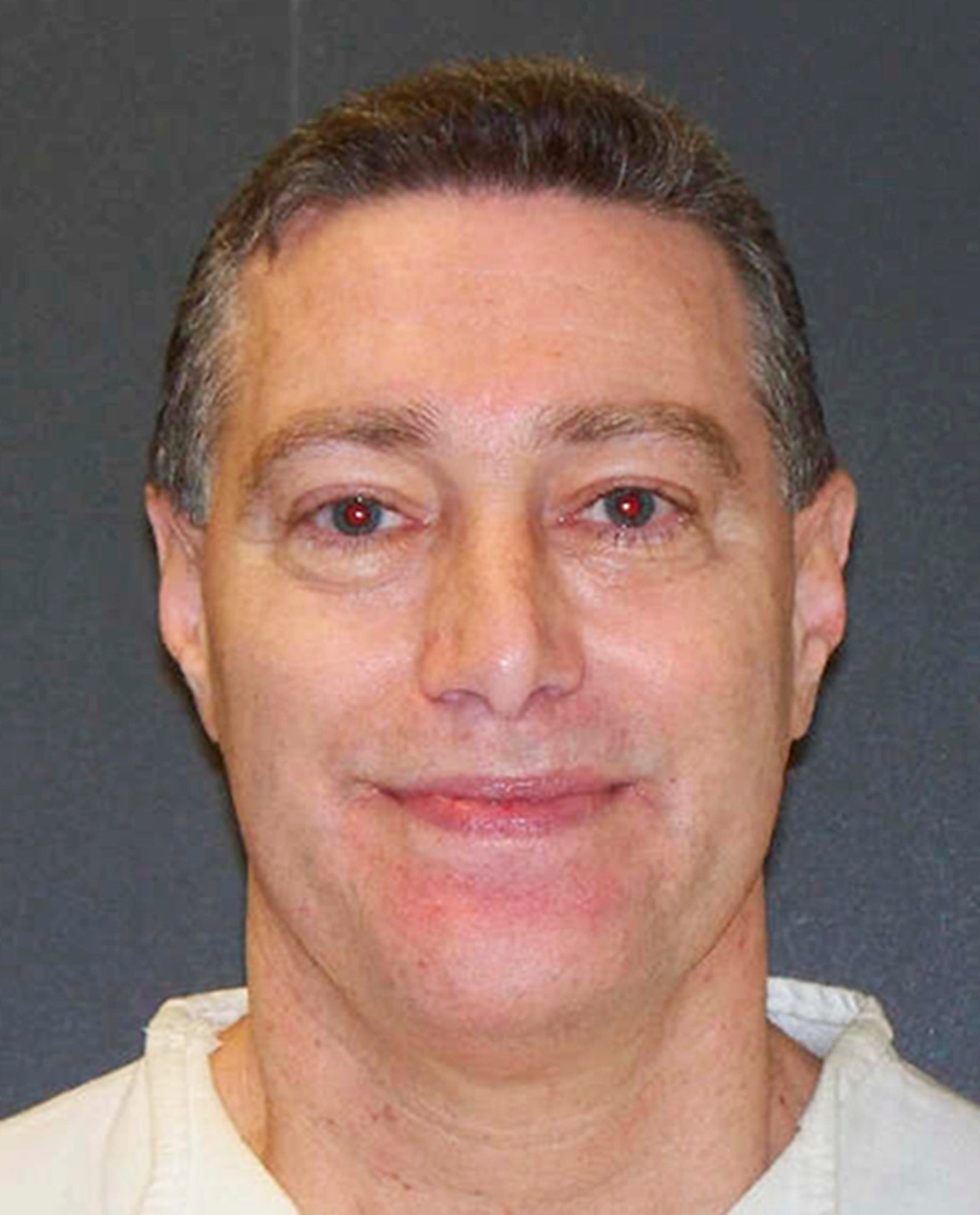Texas executes man with expired drugs, despite court ruling it amounts to “torture”
Most drugmakers won’t supply for lethal injections anymore
The state of Texas has allegedly begun using expired execution drugs that can cause unnecessary pain and suffering, starting with the Tuesday killing of Robert Fratta, 65, who was convicted of paying to kill his wife in 1994.
Fratta, a former police officer, allegedly gave $1,000 and a Jeep to two men to kill his wife Farah, who was found dead in her garage with two shots to the head, according to Houston Public Media. Fratta then attempted to collect her life insurance policy days later, HPM adds. (The inmate maintained his innocence the Texas Tribune reports, arguing his conviction relied on a single witness given immunity for tesifying.)
The impending execution set off a swift, complicated jurisdictional fight in the Texas courts in recent days.

Attorneys for Fratta and two other men argued in a Texas civil court in December that the expired drugs could "act unpredictably, obstruct IV lines during the execution, and cause unnecessary pain,” Newsweek reports.
As part of their suit, Dr Michaela Almgren, a pharmacology professor at the University of South Carolina School of Pharmacy, said the state had "improperly extended" use dates of its pentobarbital lethal injection drugs in a "completely unscientific and incorrect, and therefore the result is invalid,” resulting in vials of the drug that were sometimes years past their recommended use date.
The Texas Department of Criminal Justice said in a statement “[a]ll lethal injection drugs are within their use dates and have been appropriately tested,” the Death Penalty Information Center reports.
The Austin court sided with the inmates, ruling in after an emergency hearing on Tuesday that the executions should be put on hold because it “is probably illegal to possess or administer” Texas’s existing drug stock under the Texas Pharmacy Act, the Texas Controlled Substances Act, the Texas Food, Drug, and Cosmetic Act, and the Texas Penal Code, noting the state hadn’t given evidence the old drugs wouldn’t cause “torture, ill treatment, or unnecessary pain.”
However, a Texas appeals court, then the state supreme court, ruled the Austin panel didn’t have jurisdiction over the case, a criminal one, allowing the executions to go forward, the Texas Tribune reports. The US Supreme Court also declined to intervene, setting the stage for Fratta to be executed.
He was pronounced dead on Tuesday evening 24 minutes after the drugs were injected and didn’t offer a final statement, the Tribune reports.
“Texas continues to just really rely on secrecy in these executions and that’s why they’re trying to do an end run around this lawsuit because they don’t want to tell anybody that these drugs are expired,” Shawn Nolan, an attorney for the two other men still on death row and awaiting execution, told the Dallas Morning News, arguing the state is inviting the “serious risk of pain and suffering in the execution process.”
The controversy over the drugs isn’t the first in the Lone Star State.
Texas banned the disclosure of its execution drug suppliers in 2015, amid growing opposition among the mainstream pharmaceutical industry to supplying drugs for death sentences. The state now relies on compounding pharmacies, rather than drugmakers, to produce its lethal injection drugs.
The Independent and the nonprofit Responsible Business Initiative for Justice (RBIJ) have launched a joint campaign calling for an end to the death penalty in the US. The RBIJ has attracted more than 150 well-known signatories to their Business Leaders Declaration Against the Death Penalty - with The Independent as the latest on the list. We join high-profile executives like Ariana Huffington, Facebook’s Sheryl Sandberg, and Virgin Group founder Sir Richard Branson as part of this initiative and are making a pledge to highlight the injustices of the death penalty in our coverage.



Bookmark popover
Removed from bookmarks